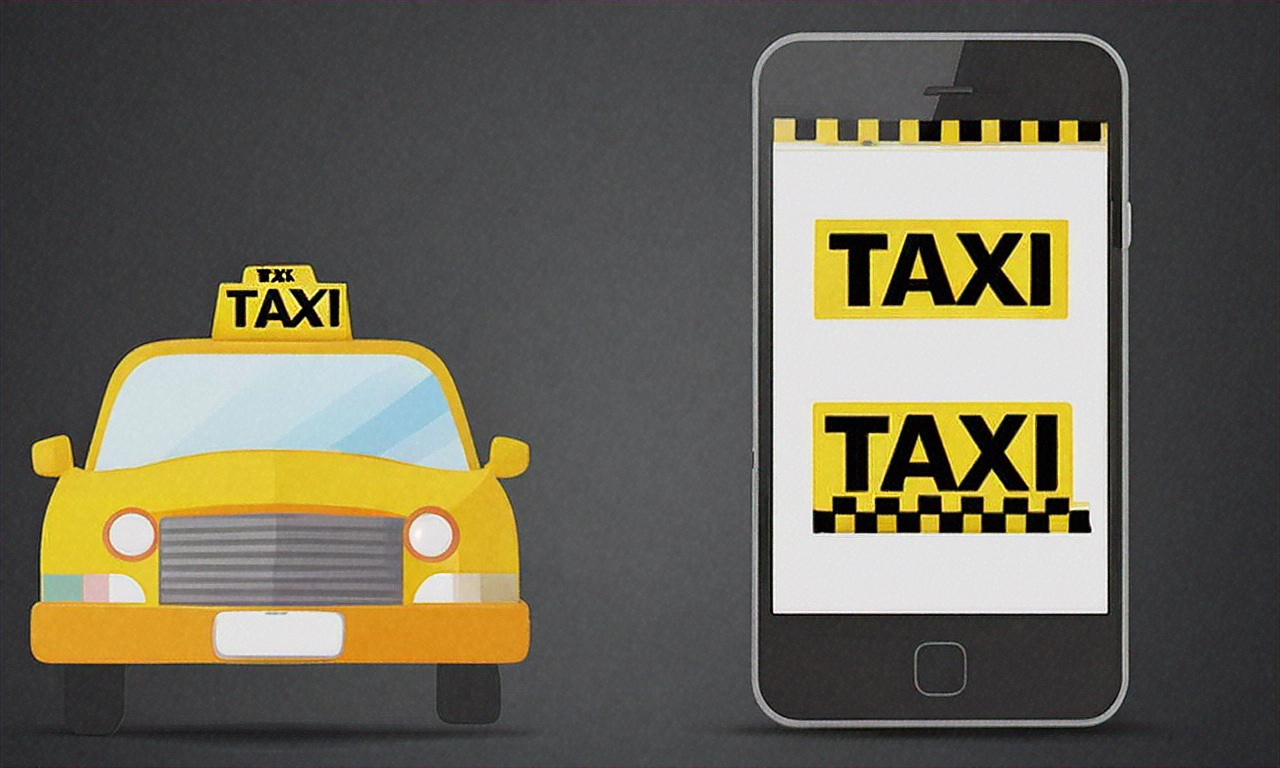Buying Cars at Police Impound Auctions - Complete Guide
Want to score a discounted vehicle? Police impound car auctions let buyers purchase seized, abandoned, or recovered cars—often well below retail price. This guide explains what types of vehicles appear at auctions, how to find local sales, what to check before bidding, and tips to bid smart and save.

Police impound auctions can be a great way to acquire vehicles for significantly less than retail value, but they come with unique risks and rules. This guide walks you through the kinds of cars you may encounter, where to locate auctions, essential pre-bid checks, pricing expectations, and practical strategies to increase your chances of a successful purchase.
Types of vehicles you’ll find
The inventory at police impound sales is varied and often unpredictable. Typical categories include:
- Vehicles seized during criminal investigations and forfeited to authorities
- Abandoned cars collected from public streets or private property
- Recovered stolen vehicles that were never reclaimed by owners
- Retired government or municipal fleet vehicles
- Cars impounded for unpaid parking violations or registration lapses
Because cars arrive from many circumstances, condition ranges from near-perfect to severely damaged. Some vehicles are mechanically sound but have paperwork issues; others may need extensive repair.
How to locate local police impound auctions
Finding upcoming auctions takes a little legwork. Useful sources include:
- Official police department or city websites, which often list auction dates and lots
- County sheriff or municipal notices announcing impound sales
- Government-run auction platforms that consolidate listings from multiple agencies
- Local newspapers or community bulletin boards where legal notices are posted
- Commercial online directories that index public auctions and provide search filters
Sign up for email alerts where available, and monitor sites regularly since listings can be posted with short notice.
What to know before you bid
Before stepping into an auction, be aware of these important points:
- Most impound vehicles are sold “as-is” with no warranties; there’s usually no guarantee of condition
- Pre-inspection opportunities may be limited or restricted to visual checks only
- Payment is often expected immediately after winning a bid—bring the required form of payment
- Some cars may have incomplete or complicated titles, liens, or unresolved legal issues
- Title transfer procedures and fees vary by jurisdiction; you may need additional paperwork to register the vehicle
Plan for the possibility of unexpected repairs and administrative hurdles when calculating your total cost.
Pricing and value: what to expect
Auction prices can vary dramatically depending on vehicle condition, demand, and the number of interested bidders. Factors that influence final cost include:
- Mechanical condition and evidence of collision or theft recovery
- Make, model, and model year
- Local market demand for the vehicle type
- The number of bidders and timing of the auction
| Typical Vehicle Category | Average Auction Starting Price | Potential Market Value Savings |
|---|---|---|
| Economy Cars | $500 - $2,000 | 40-60% |
| Mid-Size Sedans | $1,000 - $3,500 | 30-50% |
| Luxury Vehicles | $2,000 - $8,000 | 50-70% |
| SUVs/Trucks | $1,500 - $5,000 | 35-55% |
Prices, rates, or cost estimates mentioned in this article are based on the latest available information but may change over time. Independent research is advised before making financial decisions.
Practical tips for successful bidding
Approach auctions with a clear plan to avoid overspending and buyer’s remorse:
- Research comparable market values ahead of time so you know what a fair purchase price looks like
- Establish and stick to a firm maximum bid to prevent emotional bidding
- If inspections are allowed, arrive early and examine the vehicle thoroughly; check for obvious damage, fluid leaks, and signs of major repairs
- When possible, bring a mechanic or someone knowledgeable to help evaluate condition quickly
- Confirm acceptable payment methods in advance and bring any required identification or bidder registration documents
- Verify title status and ask auction staff about any available paperwork; be prepared to follow up after the sale for transfer details
- Factor in towing or transport costs if you cannot drive the vehicle away immediately
Final considerations
Police impound auctions can yield real bargains for buyers who prepare, stay disciplined, and understand the limitations of auction sales. While it’s possible to find near-market-condition vehicles at steep discounts, many lots require repairs or additional administrative work to clear titles and registrations. Treat every auction purchase as a two-part investment—both the bid price and the time/money you’ll put into getting the car road-ready and legally yours.
With research, realistic budgeting, and careful inspection practices, purchasing at an impound sale can be a cost-effective route to owning a vehicle. Stay informed about local auction rules and legal requirements, and you’ll be better positioned to identify smart buys and avoid hidden pitfalls.





